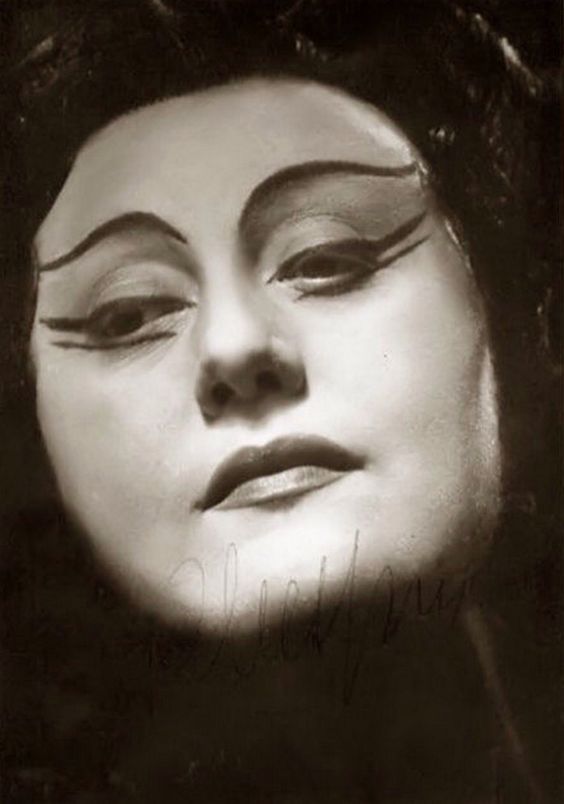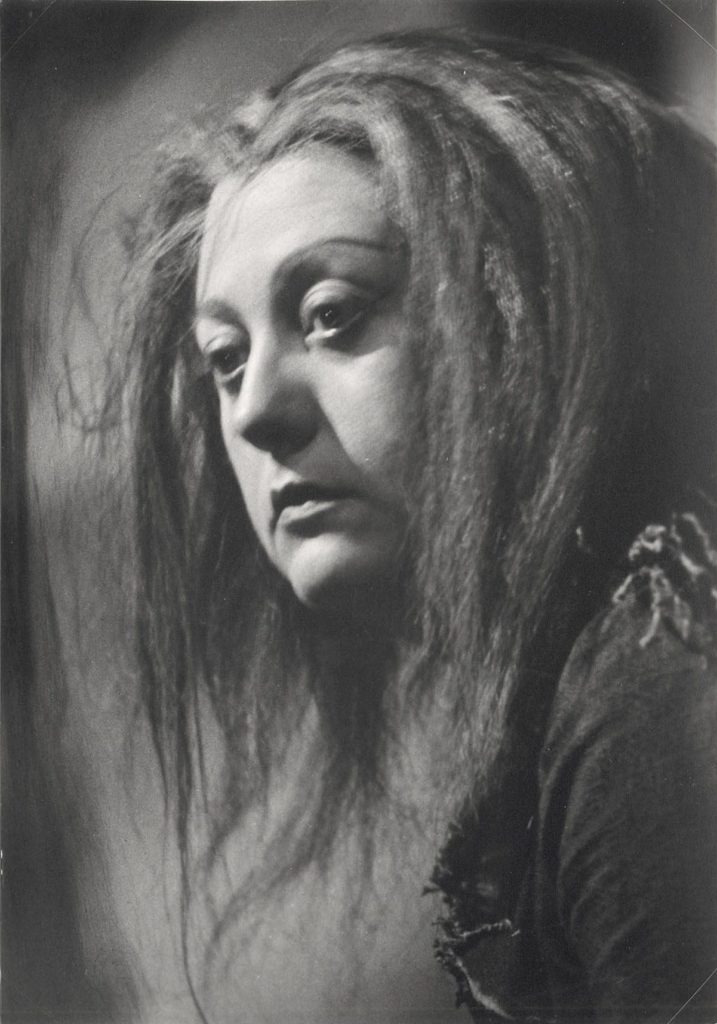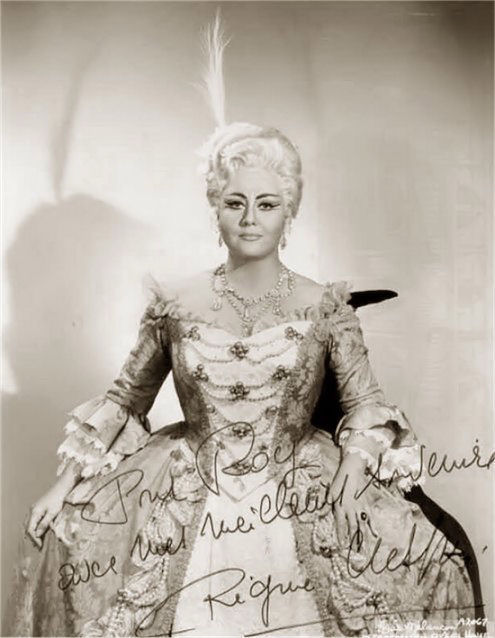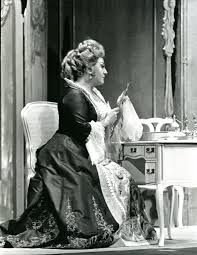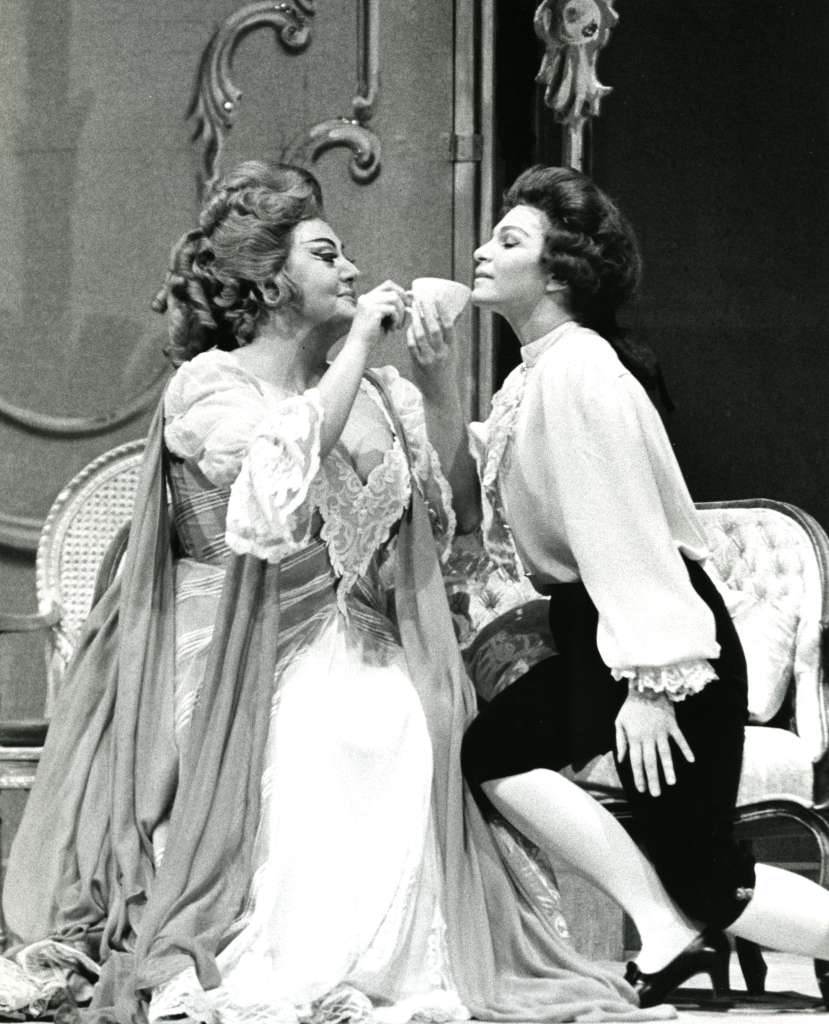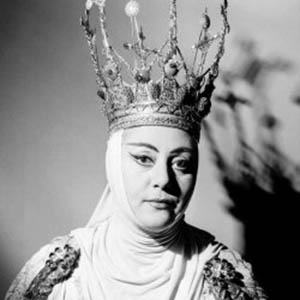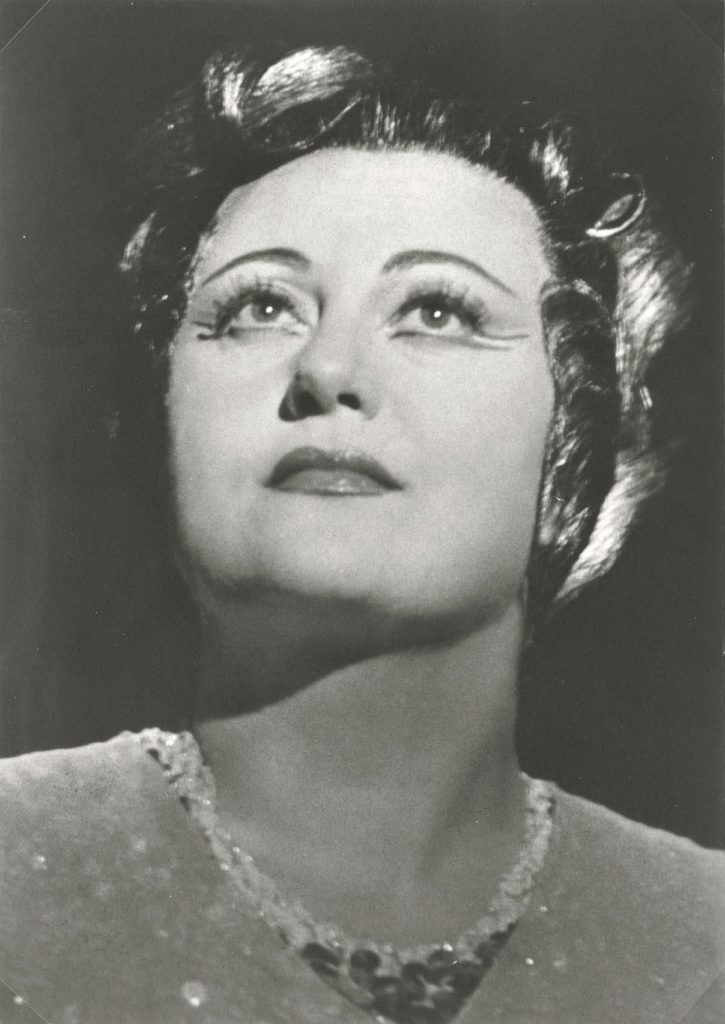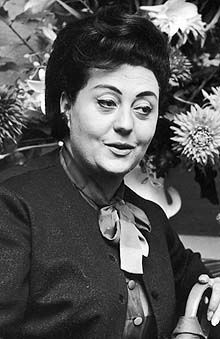Episode 10. Régine Crespin Tribute I. Un doux privilège
SOCIAL SHARE
SUBSCRIPTION PLATFORM
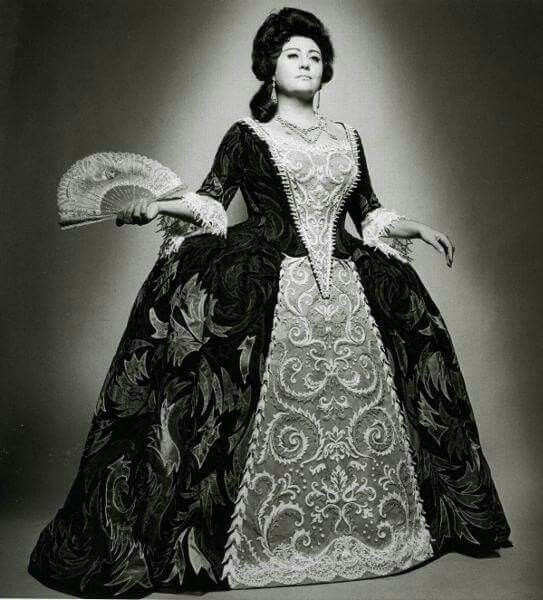
Régine Crespin, whose Metropolitan Opera debut as the Marschallin in Richard Strauss’s Der Rosenkavalier occurred exactly 57 years ago this week, is featured on this week’s episode. I give an overview of her major roles, with a few surprises, both monumental and insouciante, tossed in. Because of her enormous range and versatility, I will have to return to my subject in the near future in order to do full justice to this great artist.
RECORDINGS HEARD IN THIS EPISODE
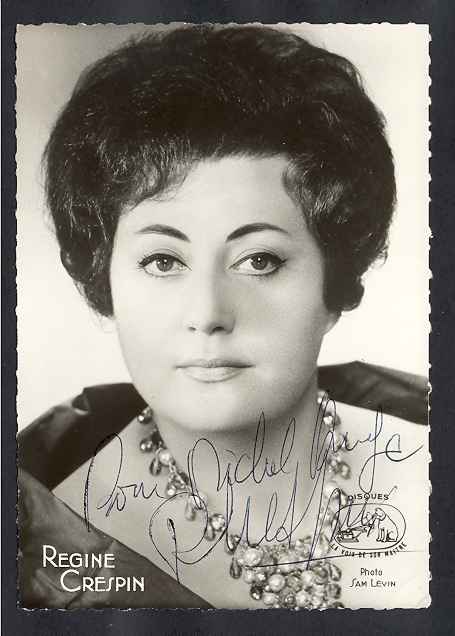
Claude Debussy: Je tremble en voyant ton visage (Le promenoir des deux amants). Régine Crespin, John Wustman, Live recording from Hunter College, 11 November 1967. My beloved teacher John Wustman was a frequent collaborator with Mme. Crespin. I liked the idea of beginning this episode with a performance featuring the two of them. In this marvelous recital that they gave at Hunter College in the fall of 1967, they performed the Claude Debussy song cycle Le promenoir des deux amants, a setting of poems by Tristan l’Hermite. Once I had chosen the third of the cycle, I realized that the lines “Veux-tu, par un doux privilège, / Me mettre au-dessus des humains” would be the perfect envoi for this episode. The entire recital is available on YouTube. I have owned a CD copy on the Melodram label for at least thirty years. It’s also available at a premium price on a much better remastering on the St. Laurent Studio label.
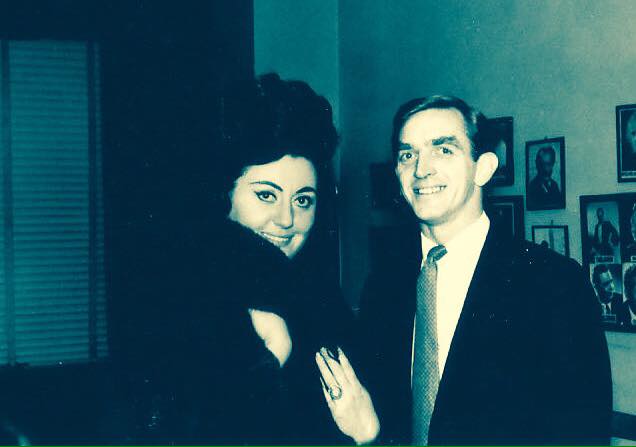
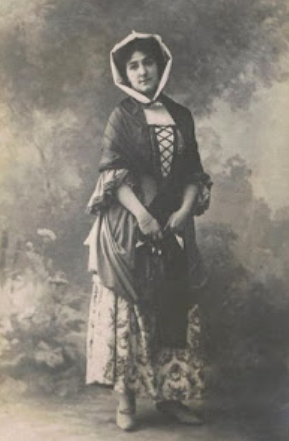
Jules Massenet: Pendant un an (Sapho). Suzanne Cesbron-Viseur, soprano. Gustave Cloëz, conductor Odéon 123611 , recorded 1929. Cesbron-Viseur (1879 – 1967) was one of Crespin’s primary teachers. She was a student of the legendary Pauline Viardot and was particularly celebrated for her portrayal of a wide range of Massenet heroines, including Grisélidis by Jules Massenet, who valued her highly. She also sang in his Manon, Le Cid, as Charlotte in Werther, as Thaïs and Sapho; Massenet was a particular admirer of her artistry. It is marvelous that this souvenir of her singing exists. She had a remarkable ability to spin out a line and float a ravishing pianissimo, two traits which she bequeathed to her most famous student and which are heard to great effect here. It should be noted that Emma Calvé created this role (and also memorably recorded this aria), and that other students of Cesbron-Viseur included Germaine Lubin (the other great French Wagner soprano) and the unforgettable Irène Joachim, possibly the greatest Mélisande that ever lived.
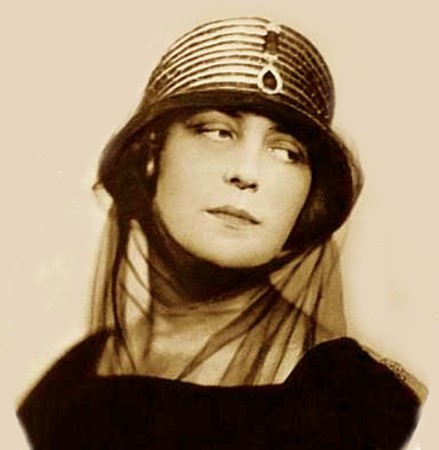
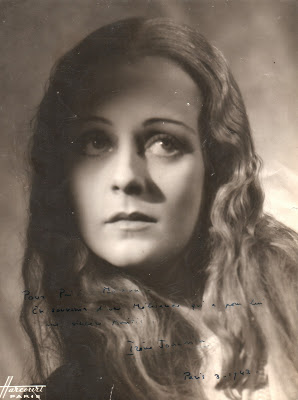
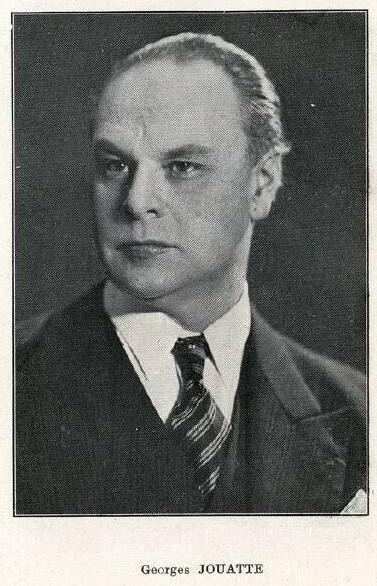
Giacomo Puccini: Ange, sirène ou femme [Donna non vidi mai] (Manon Lescaut). Georges Jouatte, tenor, Gustave Cloëz, conductor. Odéon 166385, recorded 1930. Georges Jouatte, Crespin’s other primary teacher, began his career as a dancer at the Casino de Paris. After a stint in Germany which included, among other things, engagements as a singer of operettas, he returned to Paris, where he appeared as an actor at the Théâtre Mogador. Finally in 1934 he made his debut as an operatic tenor, singing the title role of Gounod’s Faust at no less august a venue than the Palais Garnier, where he sang (as well as at the Opéra-Comique) through the end of WWII. From 1949 to 1962 he was a Professeur de chant at the Conservatoire de Paris, where his students included Mady Mesplé and Roger Soyer. He died in 1969.
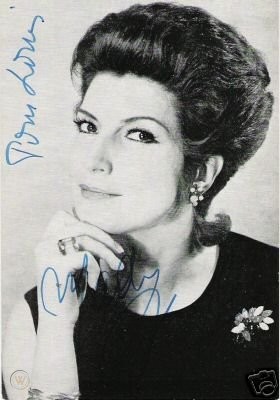
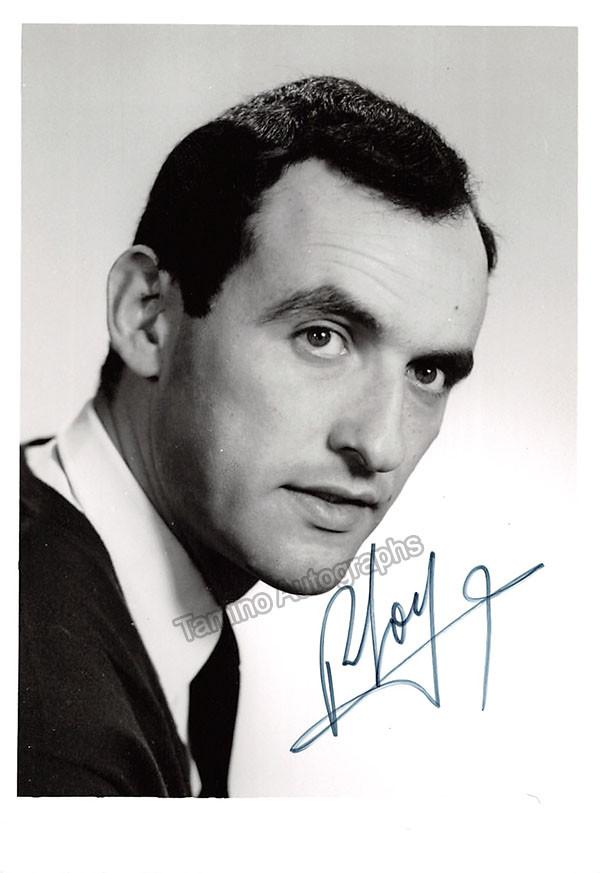
Giuseppe Verdi: Ave Maria (Otello). Régine Crespin (Desdemona), Georges Sébastian, conductor, Orchestre de l’Opéra de Paris. Live performance, Paris 07 October 1955. The performance, which is available complete here, also features José Luccioni as Otello and René Bianco as Iago. The Corsican tenor Luccioni (1903-1978) is a particularly important and rare example of the French dramatic tenor, a type which finds is perfect expression in Georges Thill. I wish I had had time to post the entire Chanson de saule scene from this performance; it represents the Crespin voice at its creamy, youthful best. In addition, the Algerian-born Bianco (who died at the age of 99 in 2008) is a powerful Iago. Listen to him here as Rodrigue in a 1961 French-language version of Don Carlos.
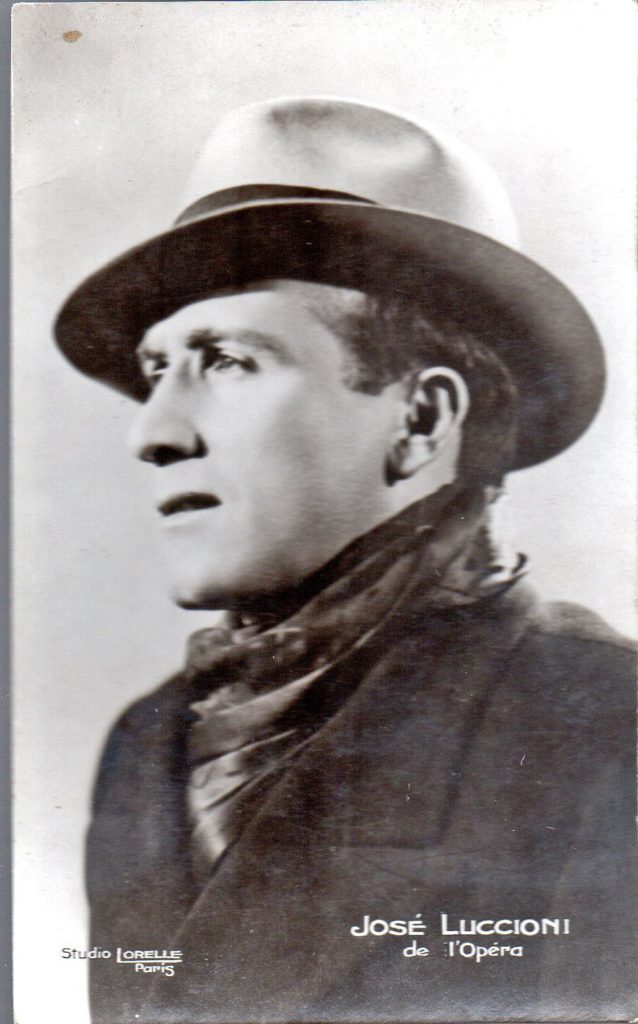
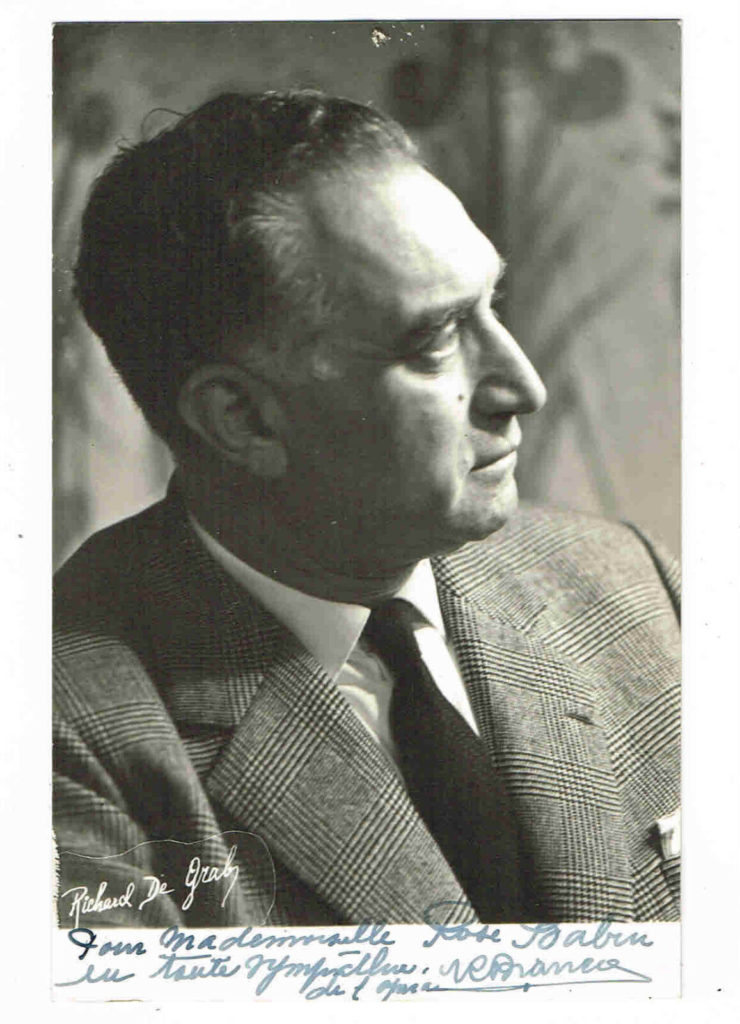
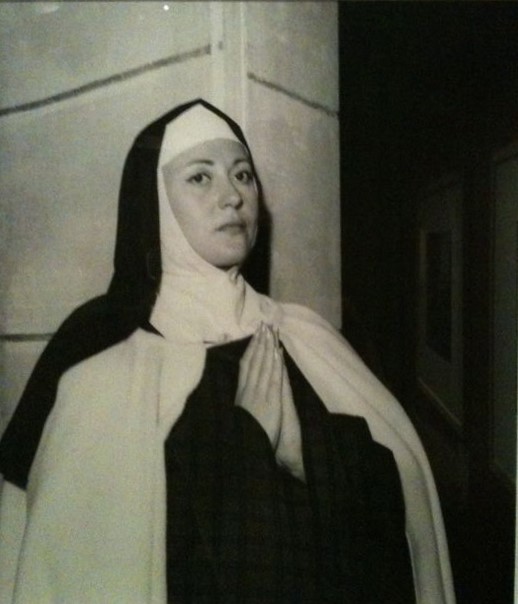
Francis Poulenc: Mes filles, j’ai désiré de tout mon coeur (Les dialogues des Carmélites). Régine Crespin (Madame Lidoine), Pierre Dervaux, conductor, Orchestre de l’Opéra de Paris. Recorded 1958, originally released La Voix de son Maître FALP 523 À 525/Angel Records 3585 C/L. This “original French cast” recording of the opera includes Denise Duval as Blanche, Denise Scharley as Madame de Croissy, Rita Gorr as Mère Marie, Eliane Lubin as Sœur Constance, Xavier Depraz as Le Marquis de la Force, Paul Finel as Le Chevalier de la Force, and, in a cameo part, René Bianco (Iago in the Otello above!) as Le Géolier. In my opinion this performance has never been equaled, but I was lucky enough to see a performance of Dialogues on the Metropolitan Opera Tour in Minneapolis on 19 May 1979 with Crespin now in the role of Madame de Croissy, the Old Prioress, and Maria Ewing as Blanche. Unfortunately Shirley Verrett did not appear as Madame Lidoine, the role that she had taken on when the work received its Metropolitan Opera premiere back in 1977.
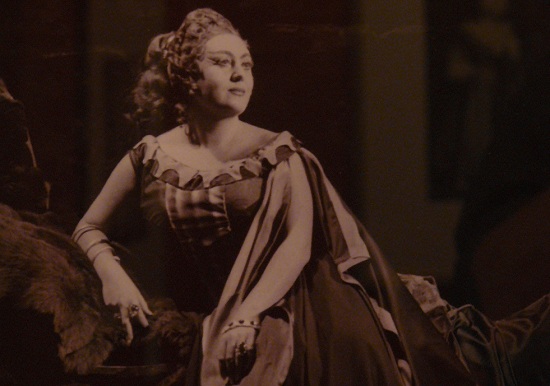
Richard Wagner: Traft ihr das Schiff (Der fliegende Holländer). Régine Crespin (Senta), Erich Leinsdorf conducting, possibly the Orchestre et Chœur de l’Opéra de Paris. Live 1962 performance. Senta was a Wagner role which Crespin sang infrequently but with great success; she also undertook it at the Metropolitan Opera in 1968 with Thomas Schippers conducting and a cast including Cornell MacNeil as the Dutchman and the interesting Ticho Parly as Erik. Some who saw it compared it favorably with Leonie Rysanek’s supposedly unbeatable performance earlier in the decade. Excerpts from both women’s Met performances as Senta are also available on YouTube.
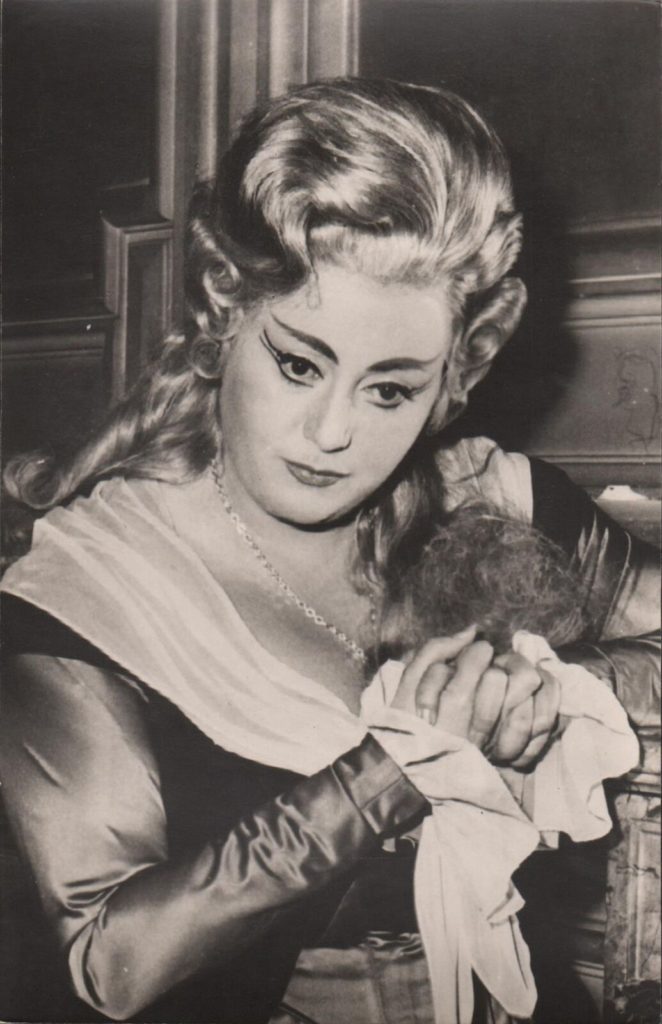
Ludwig Van Beethoven: Abscheulicher! Wo eilst du hin? (Fidelio). Régine Crespin (Leonore). The YouTube link incorrectly (I believe) cites the year and conductor of this performance. As best I can determine, the performance is from Crespin’s 10 October 1964 performance of Fidelio at Covent Garden. Norman Del Mar was the conductor on that occasion and Crespin’s castmates included Vilem Prybl as Florestan, Jeannette Sinclair s Marzelline, Forbes Robinson as Pizarro, and Josef Greindl as Rocco. She also appeared as Leonore in Chicago in 1963, the year after her US debut as Tosca in the same house (I guessed aloud that her US debut had been in San Francisco; it was not). Her Chicago castmates includes Jon Vickers as Florestan and Boris Christoff as Pizarro. Now that would have been worth capturing for posterity! I’m surprised at how well Crespin negotiates the treacherous tessitura and quasi-instrumental vocal writing of this role: on this occasion her top rings out full and clear and without strain. It is a wonderful thing to hear!
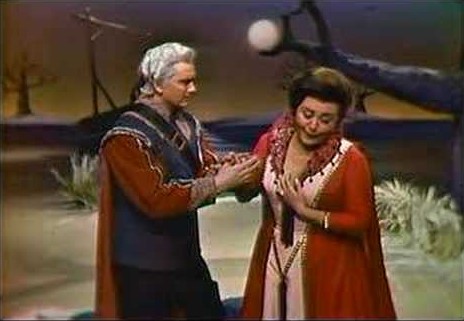
Giuseppe Verdi: O qual soave brivido (Un ballo in maschera). Régine Crespin (Amelia); Franco Corelli (Riccardo); Donald Voorhees conducting the Bell Telephone Hour Orchestra. Television broadcast from The Bell Telephone Hour, first broadcast 24 March 1964. Available on Great Stars of Opera, Volume 1: Telecasts from The Bell Telephone Hour 1959-1966 (VAI Video 4201). As I noted in the episode, Franco Corelli never sang the role of Riccardo in Ballo (for which he was perfectly equipped by nature) in its entirety, so this excerpt from The Bell Telephone Hour is doubly welcome. He and Crespin were also partnered at the Met in Werther and Tosca.
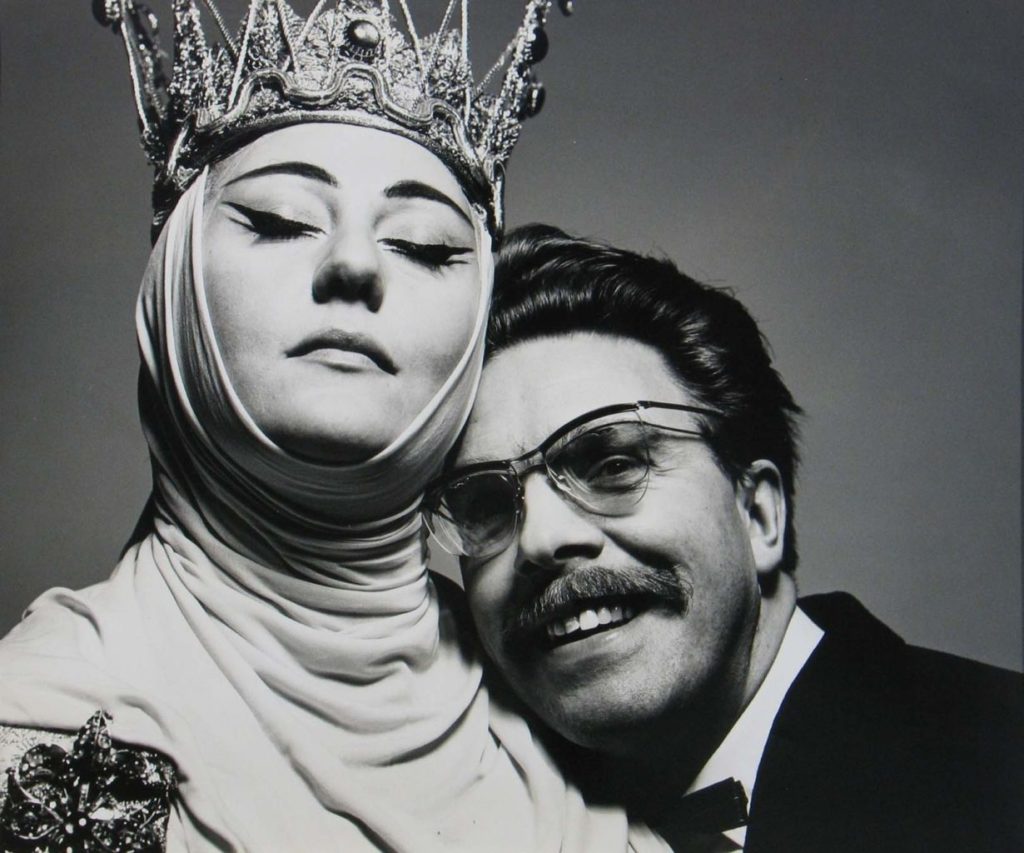
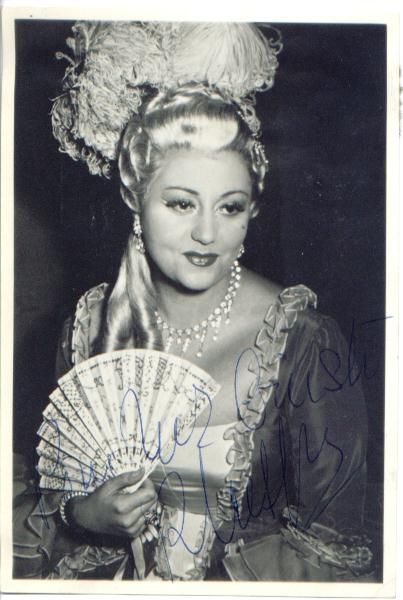
Richard Strauss: Da geht er hin (Der Rosenkavalier). Régine Crespin (The Marschallin); Lorin Maazel conducting the Metropolitan Opera Orchestra. Live performance, 22 December 1962. Her colleagues during this run included the recalcitrant (according to Lotte Lehmann) Hertha Töpper as Octavian, the angelic Anneliese Rothenberger as Sophie, Otto Edelmann as Baron Ochs, Rosalind Elias as Annina, Paul Franke as Valzacchi and the redoubtable Sándor Kónya as the Italian Singer. It moves me deeply that this podcast appears just in the shadow of the 57th anniversary of Crespin’s Metropolitan Opera debut in a role she herself described as a calling card: she made her debuts in Buenos Aires, at Covent Garden, at the Met, and at Glyndebourne in this role. As noted in the podcast, the production was directed by the greatest Marschallin of all time, Lotte Lehmann herself. No doubt Crespin herself was the greatest beneficiary of Lehmann’s presence. I reprint here the quote that I read on the podcast in which Lehmann praises Crespin’s Marschallin. This is from her book Five Operas and Richard Strauss: “Never did I hear the beginning of the trio in the last act sung so divinely, with the most tender of pianissimos, almost unearthly in its silvery beauty. To work with that great artist was sheer joy from beginning to end, and I venture to believe that my feelings of profound personal friendship for her are mutual. My own Marschallin may have been somewhat less sentimental in the first act, but this genuinely felt sentimentality is part of Régine’s being and should not be tampered with.”
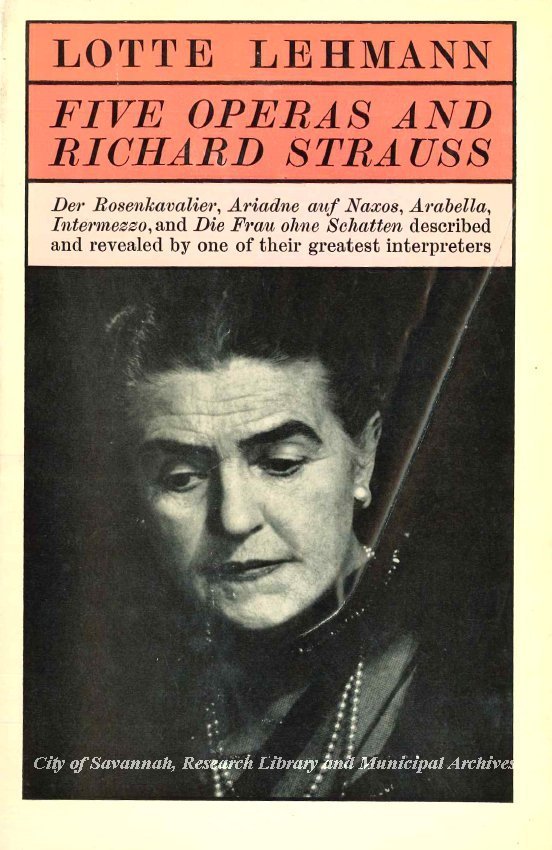
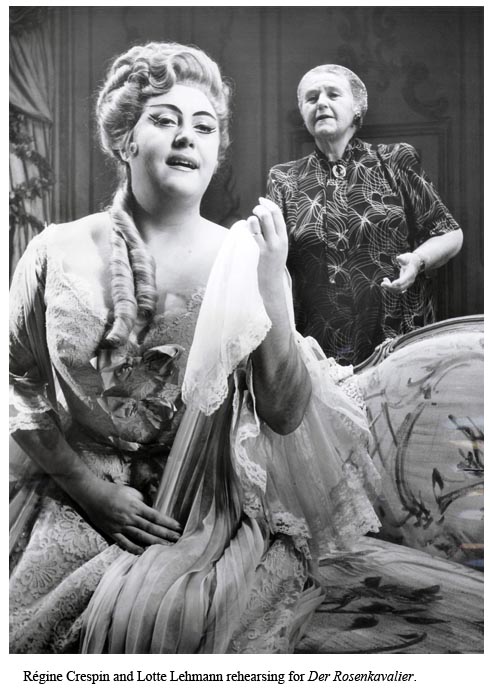
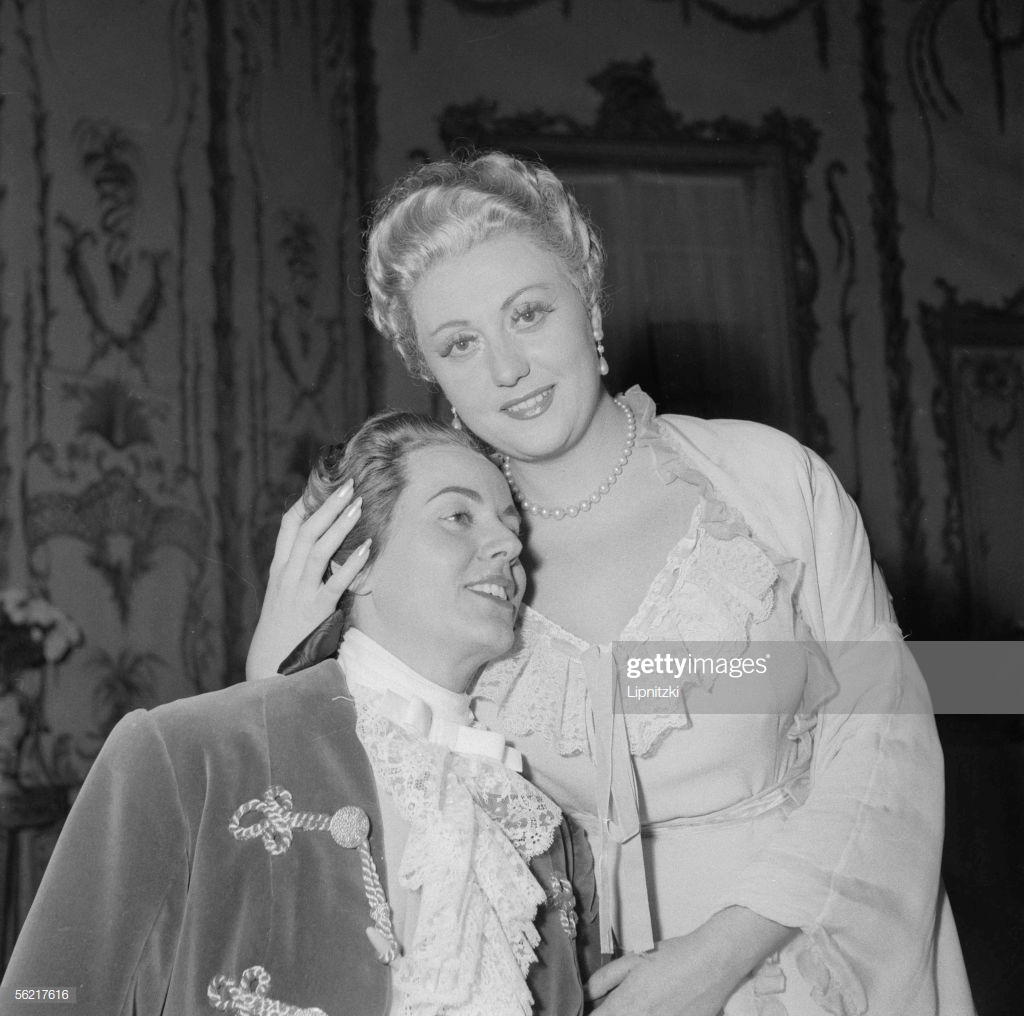
(Photo by Roger Viollet via Getty Images)
Richard Strauss: Ich werd’ jetzt in die Kirche geh’n (Der Rosenkavalier). Régine Crespin (The Marschallin); Suzanne Sarroca (Octavian); Louis de Froment conducting the Orchestre de la RTF. Radio performance, 1962. I first heard this on the late Mike Richter’s CD-ROM called Opera from Paris. (Please click on the link above to read more about Mike and his services to opera. He produced a series of invaluable CD-ROMs of rare material, many of which are still available here at an unbelievably cheap price. I highly recommend them. BTW, Suzanne Sarroca, who appears very briefly on the podcast as Octavian, is, as of this writing, still with us on Planet Earth. She was a remarkable if somewhat unsung singer. Check out this interview with her from a few years back (it’s in French, but if you don’t read the language, please remember that Google Translate is your friend!)
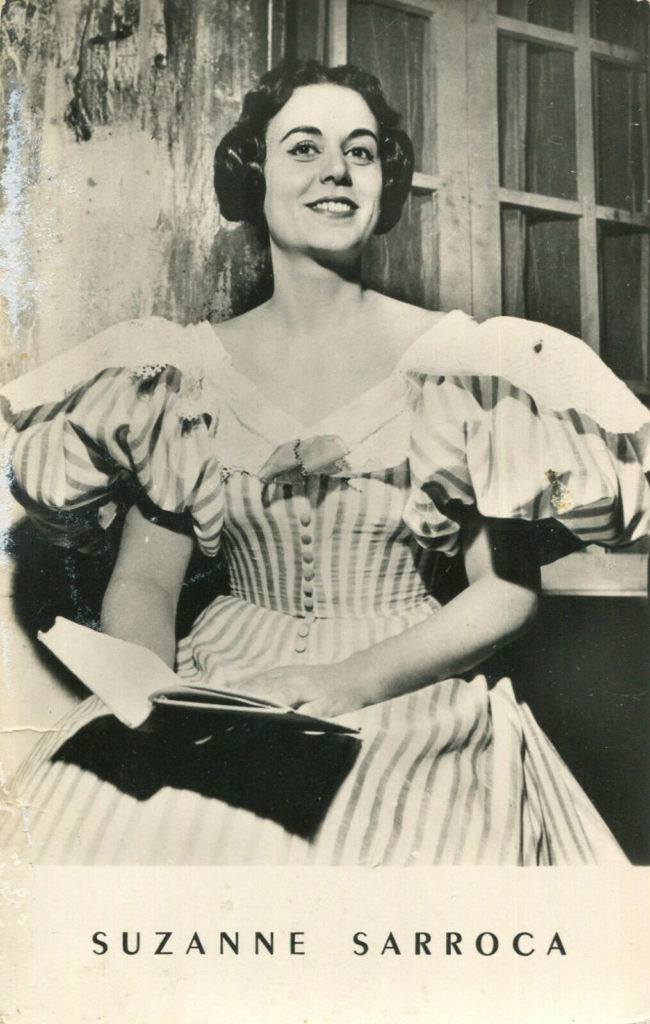
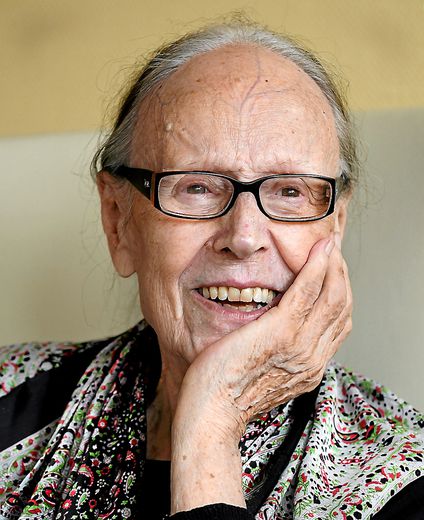
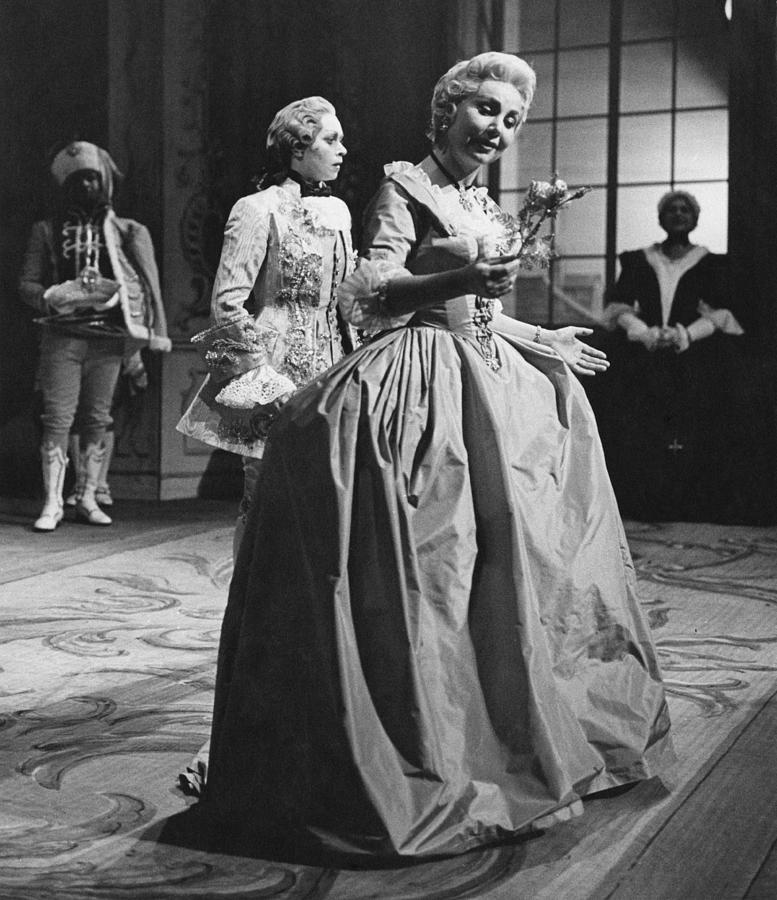
Richard Strauss: Hab mir’s gelobt (Der Rosenkavalier). Régine Crespin (The Marschallin); Elisabeth Söderström (Octavian); Anneliese Rothenberger (Sophie); Leopold Ludwig conducting the London Philharmonic Orchestra. Live performance from Glyndebourne, 07 June 1959. This might be the most vocally perfect performance I have ever heard of the trio. I love a soprano Octavian; it’s how the role is designated in the score (it was created by Eva von der Osten, whom I discussed briefly in my first episode), and some of the greatest Octavians (Sena Jurinac, Irmgard Seefried, Lotte Lehmann) have been sopranos, as have a number of near-greats (Teresa Zylis-Gara, Gwyneth Jones). (Incidentally, I also have a major soft spot in my heart for Gwyneth Jones as the Marschallin, Brigitte Fassbaender as Octavian, and Lucia Popp as Sophie performing it under the baton of Carlos Kleiber: this 1979 performance might be the most perfect performance ever of the trio as a piece of music, but I think the team of Crespin, Söderström, and Rothenberger tops them in sheer vocal terms.) These are three of my favorite singers ever in the entire history of the universe, so you can be sure that I was completely swept away by the beauty of this performance.
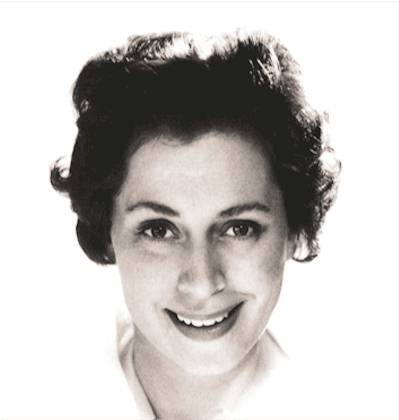
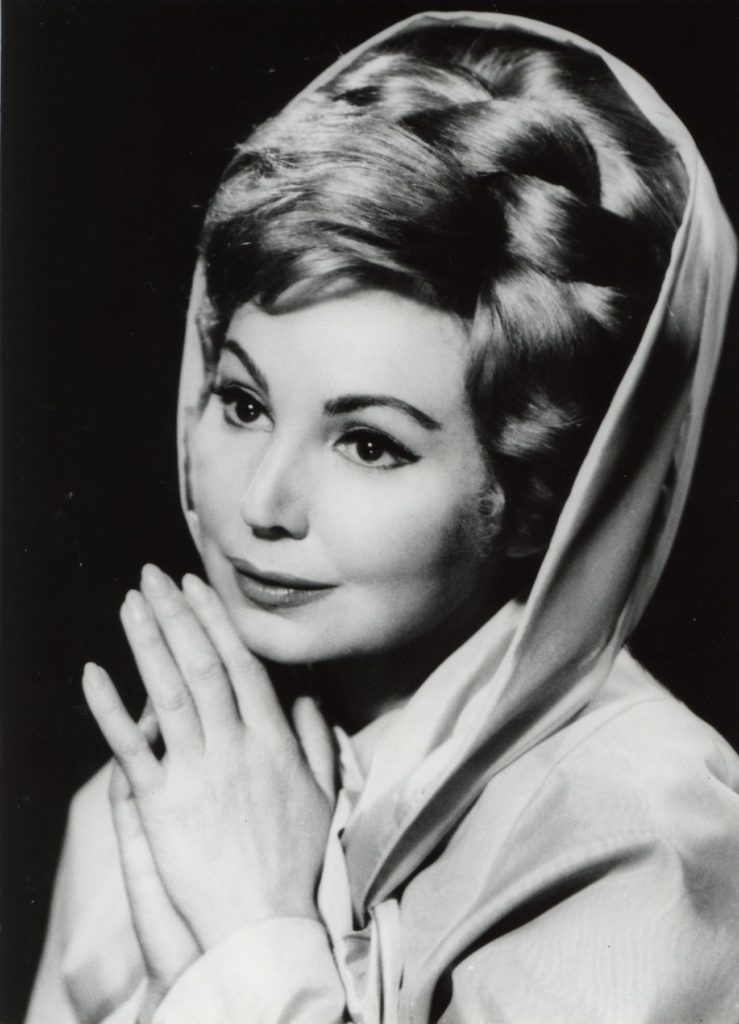
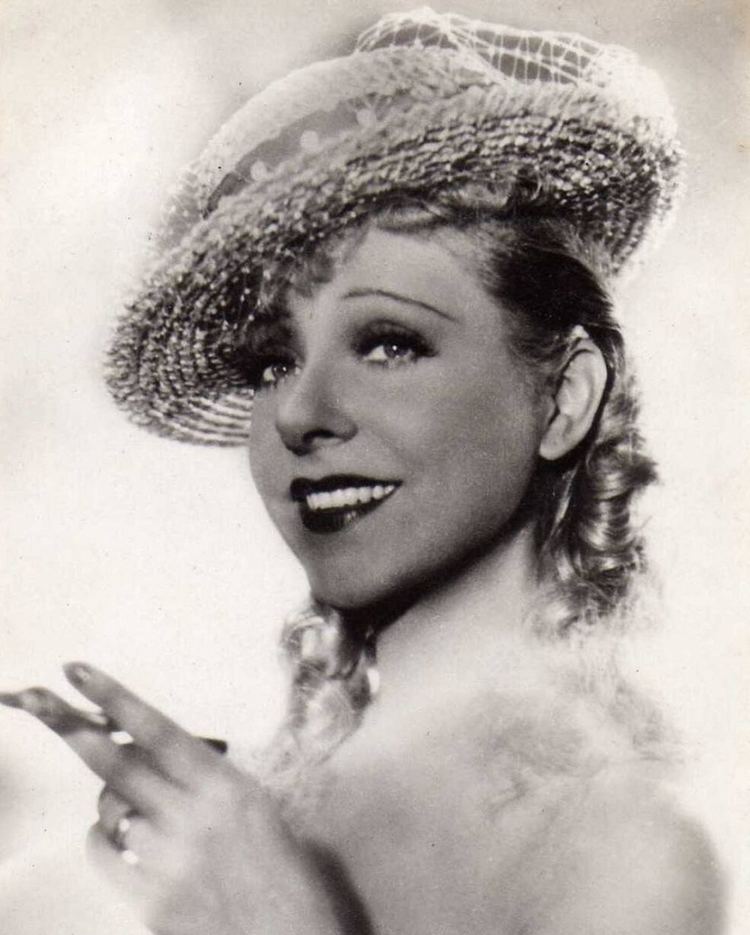
Oscar Straus: Je ne suis pas ce que l’on pense (Les trois valses). Régine Crespin (Franzi/Irène ), Alain Lombard conducting the Wiener Volksopernorchester. From the London/Decca album Prima Donna in Paris (SET 521, 1971). Only Crespin can match the great vedette of French operetta, Yvonne Printemps, who appeared in the 1938 film based on the piece originally performed at the Paris Exposition of 1937. I have a great love in my heard for Yvonne Printemps: there are certain of her recordings that I cannot hear without breaking out into tears. It’s an inexplicable thing, but there you have it: some voices just do that to me. Régine Crespin is another such voice. I look forward to bringing you more of her magnificence in a second episode that will air before the end of the year.
